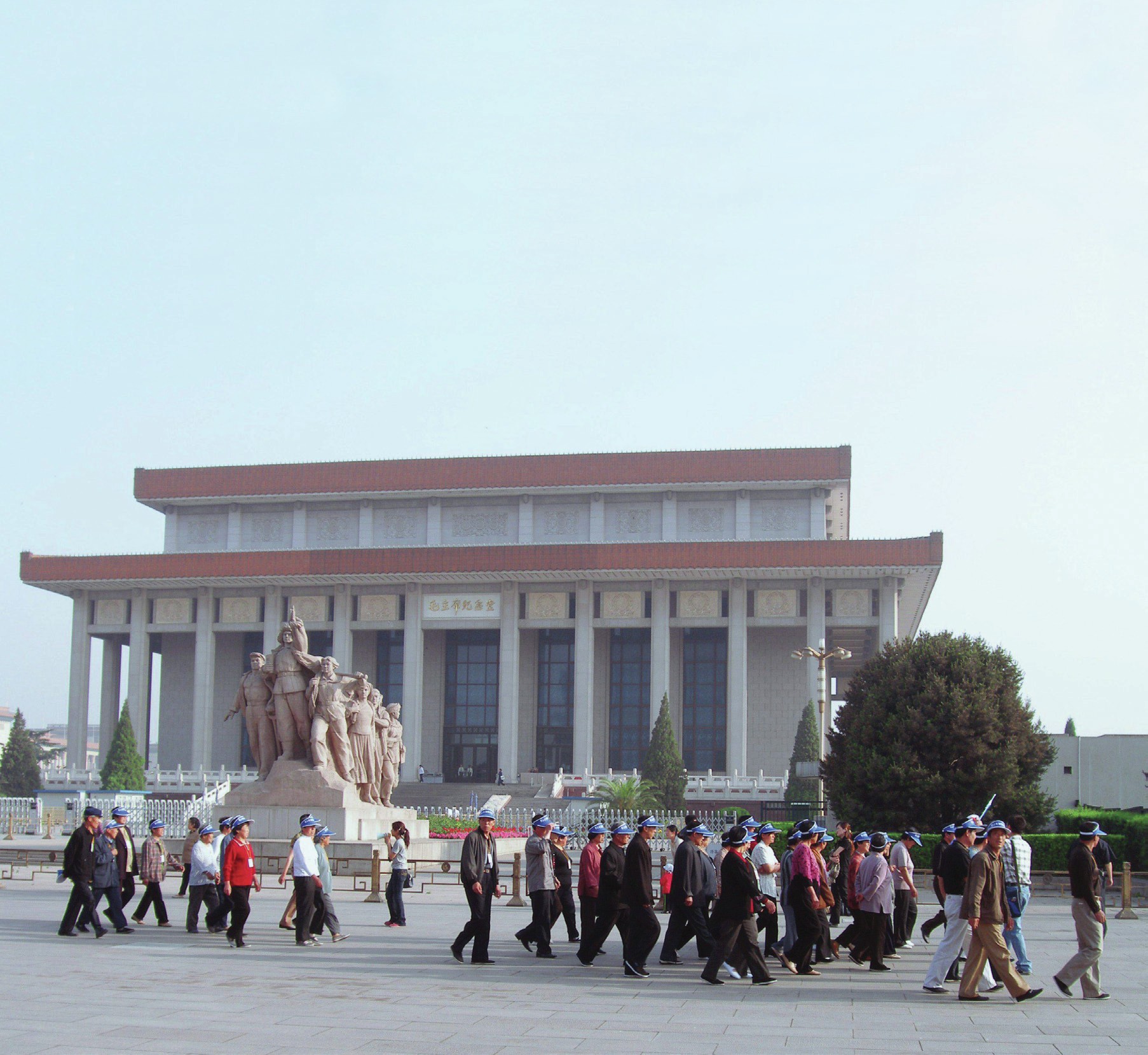
In Beijing’s Tiananmen Square stands the massive Chairman Mao Zedong Memorial Hall, which houses the remains of the man many credit with the creation of modern China. Mao died on 9 September 1976, having ruled China for almost 30 years. His supporters revere him as a godlike figure, who took a backward peasant society and turned it into a modern industrial nation. To his critics, however, Mao was a cruel and ruthless dictator, who ruled with an iron fist and was prepared to inflict great suffering on his own people so that he could remain all-powerful. What evidence is there to support this damning judgement?
In 1949, when Mao took over, China faced severe economic and social problems, including poverty, disease and illiteracy. Mao understood the need to consolidate his power over the party and the people. The Communist Party asserted its dominance over politics and society, using party officials who infiltrated all levels of society. Their job was to control the people and spread Mao’s message. Mao also developed and encouraged his own ‘cult of personality’ — his picture and words were prominent in monuments, posters and newspapers all over China. This was made easier by Communist control over the media.
Your organisation does not have access to this article.
Sign up today to give your students the edge they need to achieve their best grades with subject expertise
Subscribe




